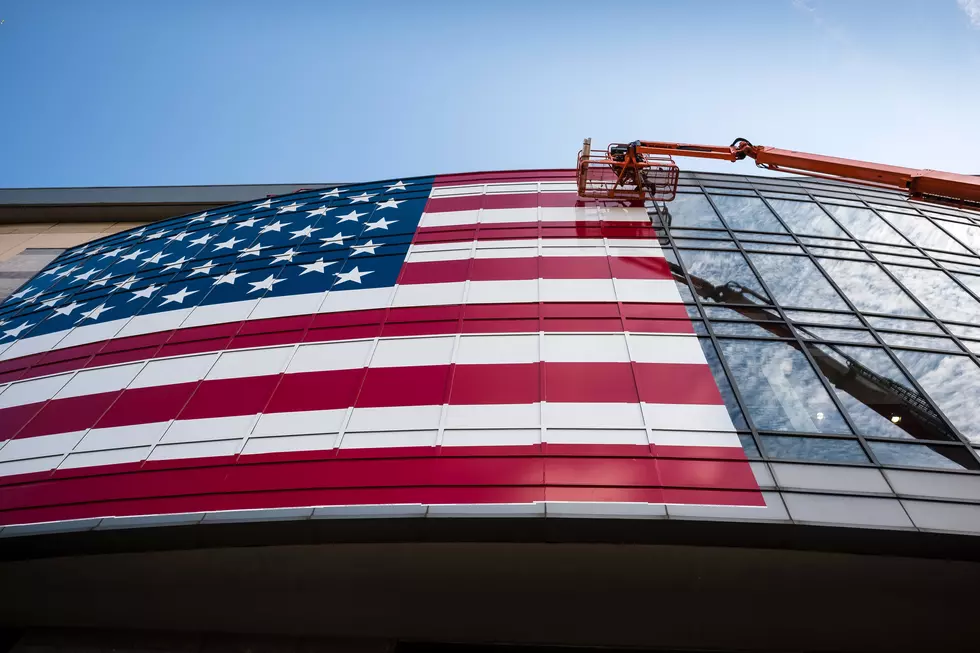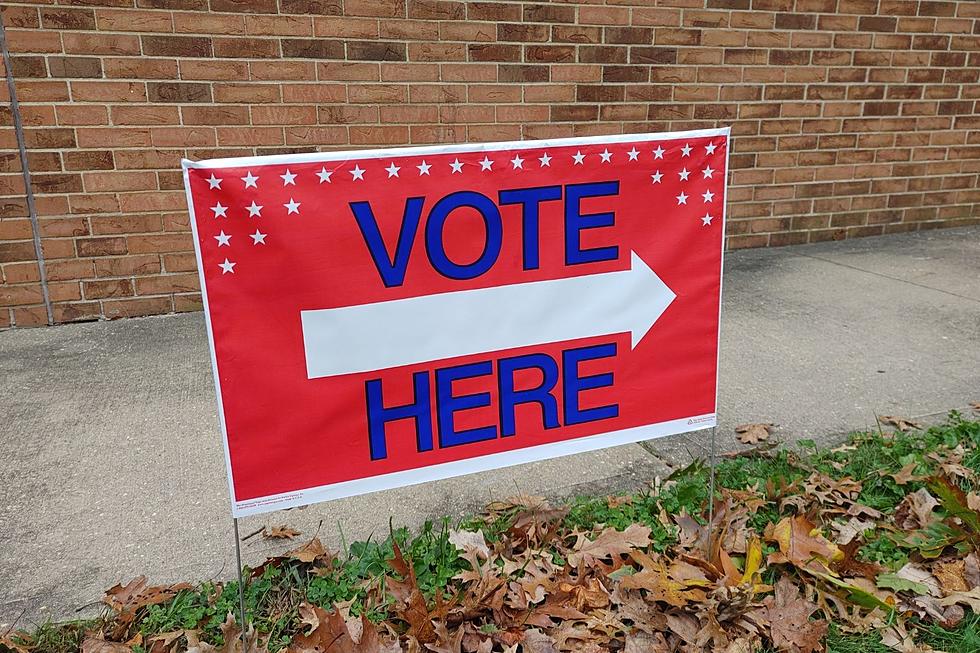
Politics without rallies, fundraising when people are broke
In an age where the novel coronavirus has made it virtually impossible for political candidates to campaign the way they normally would, they’re left to do so virtually.
Campaigns can still fire off online fundraising pleas. Candidates can dial up elected officials and interest groups, looking for ideas and endorsements. And if they’ve got the money, they can still post digital and cable television ads, reaching would-be voters where they’re spending their quarantines.
“But obviously you can’t do a rally. You can’t build enthusiasm by having other like-minded people surround you and cheer for you,” said Ben Dworkin, director of the Rowan Institute for Public Policy & Citizenship at Rowan University. “That makes it extremely difficult to do, and it’s uncharted territory.”
How uncharted? Sometimes the election dates themselves are a moving target.
Gov. Phil Murphy ordered some special elections and school elections that had been scheduled for March and April to be moved into May, and the early June primary is now likely to be delayed.
“When the Democratic Party decided to move their convention back to August 17, we have a lot more flexibility than I thought we had two days ago,” Murphy said Friday. “And we’re going to make a decision on that pretty soon but I’ll be stunned if we … stay June 2.”
Murphy ordered the May elections to be conducted entirely by mail. He hasn’t said if that will be the directive for the June primary, but it appears likely given that public gatherings may be discouraged even after stay-at-home directives are phased out.
Dworkin said political campaigns have to reorient their get-out-the-vote efforts, which includes teaching supporters and staffers to understand the process so they – without getting together for a phone bank – can call others to explain how to vote to mail.
“Millions of people haven’t ever done this, and that’s going to take a while to get everybody up to speed,” Dworkin said.
The mechanics of fundraising don’t have to change much, in terms of blast fundraising emails seeking $1, $10 or other small donations or one-on-one phone calls between candidates and deep-pocketed donors that’s done heavily by phone. Both have been used by campaigns for a number of years.
“It is harder to do an event. But a lot of fundraisers, professional fundraisers, will tell you events are a waste of time. They’re a lot of energy, and we can make the same pitch with one phone call from the candidate,” Dworkin said.
“What is a challenge in every campaign in terms of fundraising is that lots of people are broke right now,” he said. “Even the wealthy among us have lost tremendous amounts of their net worth as the stock market has tumbled. Very few people who own businesses are able to make a living off of that business. And that makes you less likely to write a check to a candidate.”
Dworkin said that unlike the rest of the country, where political ads air primarily on network television, in high-cost New Jersey campaigns focus more on direct mail and cable television. Candidates who have the money can still do both.
“That’s how to reach people. They’re watching TV. They are looking at their mail. And of course there will be a huge investment in digital ads. So many people are online throughout the day,” Dworkin said.
Political campaigns have to make changes but don’t have to shut down.
“In any campaign, the most valuable commodity is time. There’s never enough time to do all the things you want to do. And what campaigns suddenly have because effectively, you’ve knocked out all group events and planning for group events, is time,” Dworkin said.
“Time is so valuable for any candidate and any campaign that in a certain way this has become a new opportunity,” he said.

MORE INFO: 7 easy ways to stop touching your face
More From 92.7 WOBM










